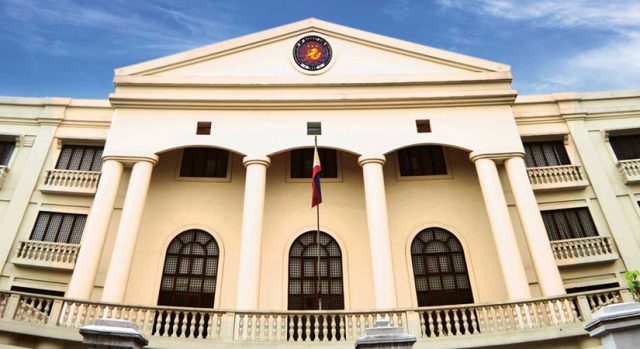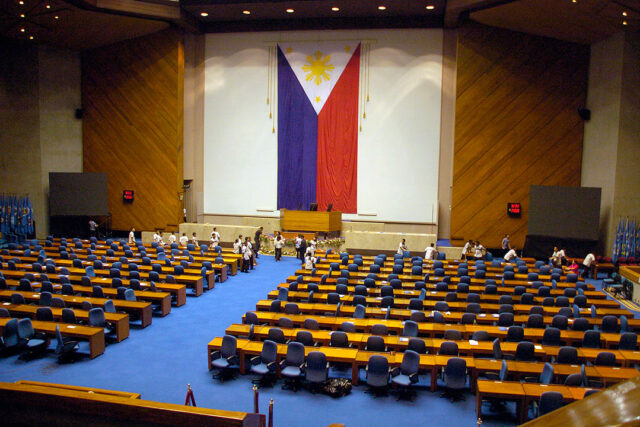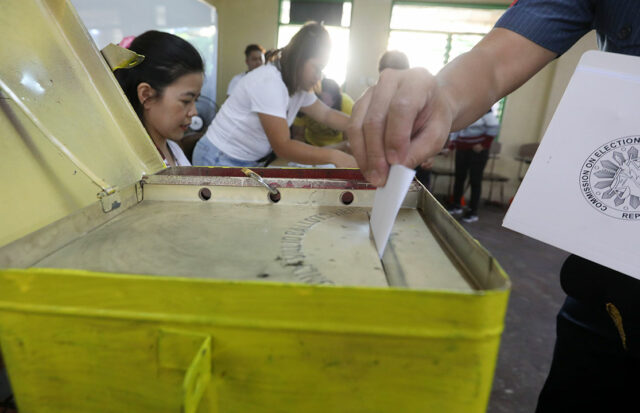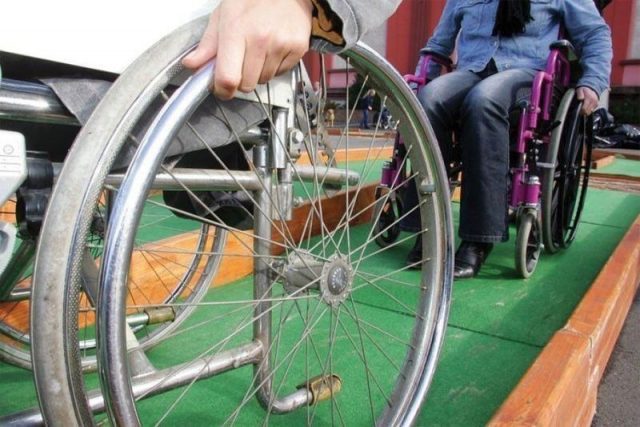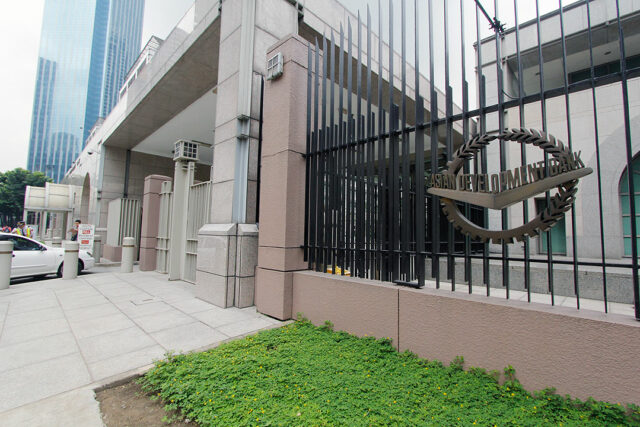Agri-machinery plant under way
INITIAL work to build an agriculture machinery assembly plant that aims to boost farming in the Philippines has begun through a P1.6-billion partnership between the Department of Agriculture (DA) and the Korea Agricultural Machinery Industry Cooperative (KAMICO).
In a statement on Tuesday, the DA said that the parties have accomplished the prerequisites needed to establish the center, including site visits in Cabanatuan City in Nueva Ecija and Tiaong in Quezon and meetings with concerned local government units for terms and conditions.
“This is the result of the memorandum of understanding (MOU) signed last year between DA and KAMICO that aims to set up the Korea Agricultural Machinery Manufacturing Cluster in the country,” said Agriculture Secretary Francisco P. Tiu Laurel, Jr.
The initial project investment of $30 million (P1.6 billion) has three phases, with the last phase involving technology transfer, cooperative production, and domestic supply and export promotion.
“Ultimately, the project aims to set the standard for agricultural machinery and equipment that will be made available to Filipino farmers, and subsequently exported to other agricultural countries,” the department said.
The project, besides boosting local production, is also aimed at boosting employment and promoting specialization among Filipino technicians.
Mr. Tiu Laurel said that President Ferdinand R. Marcos, Jr., who witnessed the MOU signing last year, acknowledged that the partnership between the Philippine government and KAMICO would boost local food production.
“(Mr. Marcos) also recognized the importance of mechanization, stressing that it would result in better yield, lower production cost, and more competitive Filipino farmers,” he added.
For its part, the DA committed to extend assistance to KAMICO through its relevant agencies to help with the project’s realization.
KAMICO, which has 700 company members to date, aims to boost production and income in developing countries through agricultural machinery. — Justine Irish D. Tabile


